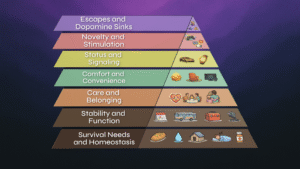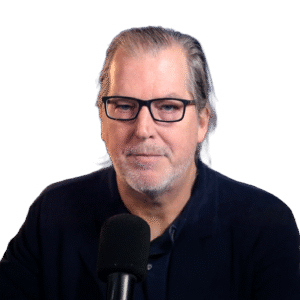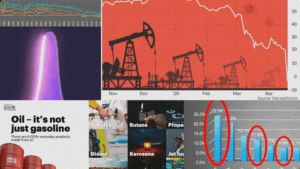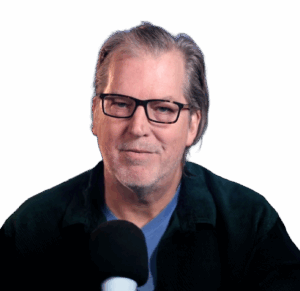
Description
In this week’s Frankly, Nate addresses the common desire for solutions to the human predicament – and why the championing of “solutions” is less clear-cut than we might perceive.
Effective responses greatly depend on the context of an individual – by highlighting specific ‘solutions’ we narrow the scope of the conversation and exclude creative and empowered humans with different interests and skills.
Additionally, much like nature, the human socio-economic system is adaptive, and rapidly self-adjusts to new information and threats, making novel strategies difficult to implement and disperse at larger scales. As such, simplistic answers that can be publicly shared with millions are probably not going to work. If we zoom out, we see that responses with the potential to shift our systems in a better direction are only possible through emergent processes.
How can we expect to steer towards more humane futures by approaching The Great Simplification with the same ‘quick-fix’ mindset enabled during the Carbon Pulse? What is the role of critical leadership and governance that will be needed in coming decades but is perceived as too radical today? How can we, as both individuals and communities, think about our distinct place within the larger world and how that might shape our unique responses?
In French, we have a motto that says that a simple drawing is often better than a long explanation. Jean-Marc Jancovici Carbone 4 President
That’s very understandable because with left atmosphere thinking, one of the problems is that you see everything as a series of problems that must have solutions. Iain McGilchrist Neuroscientist and Philosopher
We can’t have hundreds and hundreds of real relationships that are healthy because that requires time and effort and full attention and awareness of being in real relationship and conversation with the other human. Nate Hagens Director of ISEOF
This is the crux of the whole problem. Individual parts of nature are more valuable than the biocomplexity of nature. Thomas Crowther Founder Restor
Show Notes & Links to Learn More
Download transcript00:29 – The Reality Party Frankly
01:38 – What is the Human Predicament
03:58 – Infrastructure, Social Structure, Superstructure (Marvin Harris)
09:17 – Ed Conway, TGS Episode
11:09 – Regenerative systems
11:34 – Advance Policy
12:47 – Adaptive systems
13:29 – Buckminster Fuller, military contract work with ICBM arctic domes
14:11 – Adaptive response during 9/11 in the United States
15:07 – Net Zero
16:28 – Laws requiring land use projects that destroy a wetland to protect/restore a wetland somewhere else
17:23 – DJ White, TGS Episode, Taiwanese Drive-Kill
18:33 – Term Limits, Age-limits, addressing money corruption in politics






